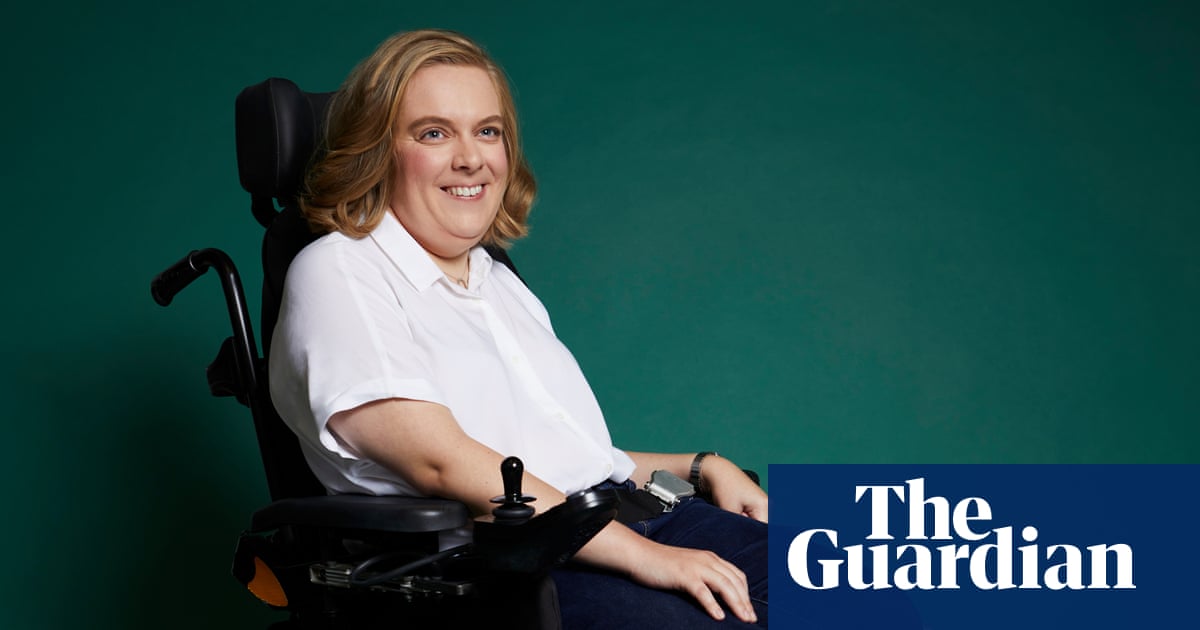
The Globe’s comments come as a newly formed body called the Disabled Artists Alliance published an open letter, signed by more than 100 people and organisations in theatre and the arts, calling for “an immediate recast of Richard”.
The letter says the production “cannot be successfully performed” with a non-physically disabled lead actor, and that the decision “contravenes the Globe’s ethos of diversity and inclusion across all protected characteristics”.
It added: “It is offensive and distasteful for Richard to be portrayed by someone outside the community. It reduces disability down to a disguise and physical act, rather than a true grounded understanding of what disability means”.
Terry’s statement said her performance would “address and unpack” a text “saturated with ableism”.
She said: “Firstly, I want to acknowledge any pain or harm that has been caused by the decision for me to play Richard III and I hope to provide some context as to how that decision has been made. All programming and casting decisions across all seasons are made as consciously and rigorously as they possibly can be, and always in dialogue with members of our many communities.
“What we do at the Globe is only possible because as people, we fundamentally believe in the transformative power of art and education. Shakespeare’s plays provide us with an historical, theatrical, and imaginative framework which make transformation and progress conceivable.”
The artistic director said the production would question Shakespeare’s exaggeration of the “early modern belief that a ‘deformed’ body meant a ‘deformed’ soul. We are asking whether this conflation of despotic evil with disability is useful.
“Then, as now, the illiteracy around ableism and disability justice is everywhere. Still, in our society, negative and pejorative unconscious bias asserts itself daily, and perpetuates inequity and injustice. Does the conflation of evil with disability in the play offer us an opportunity to expose bias, or does it compound it?”
Removing that conflation provided opportunities for experimentation, she added. “We are left with a play about tyranny, abuse of power and toxic misogyny. And right now, we feel that this is something important to explore.”
A previous statement by the Globe defended the casting as reflective of Shakespeare’s “foundation of anti-literalism”.











